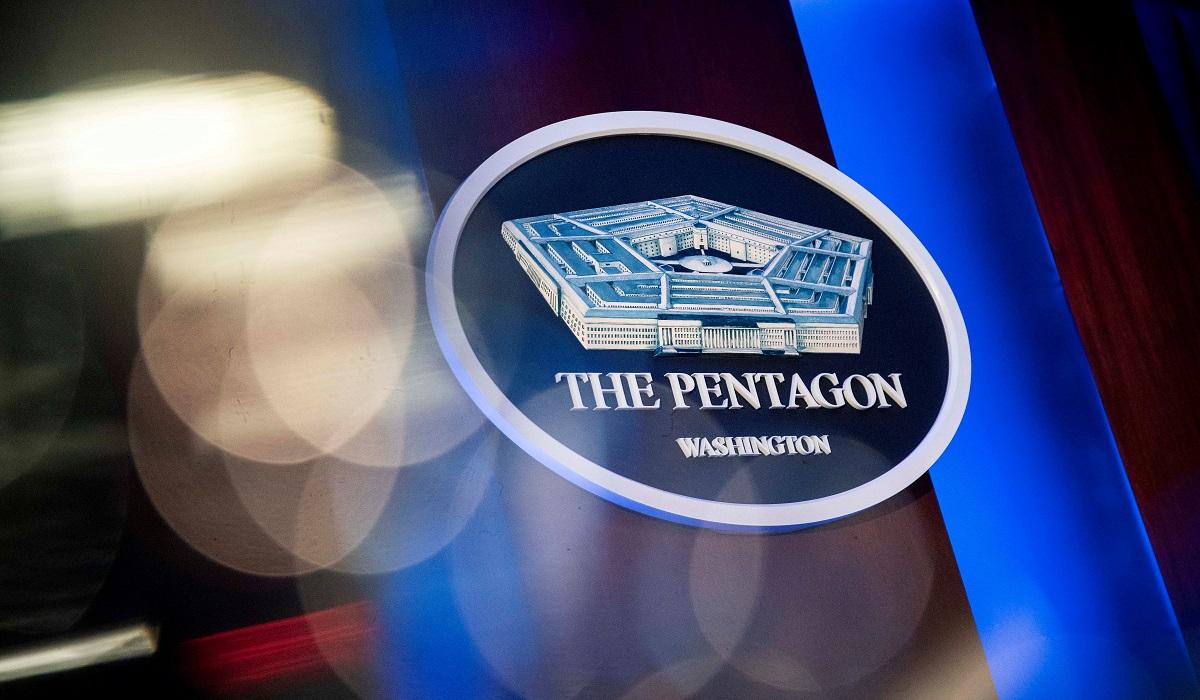Pentagon: China's behavior in WPS 'could lead to something more violent'

NEW YORK — The Pentagon has condemned China's recent actions against Filipino troops in the West Philippine Sea (WPS) where one service member was severely hurt, expressing fear that it could result in more violence.
"This kind of behavior is provocative, it's reckless, it's unnecessary, and it could lead to something bigger and more violent. So we will continue to stand with our Philippine allies," said Pentagon Press Secretary Pat Ryder in a press briefing.
The Armed Forces of the Philippines (AFP) on Tuesday confirmed that a Philippine Navy servicemember suffered "severe injury" following a collision between a Chinese ship and a Philippine vessel performing rotation and resupply mission in Ayungin Shoal in the WPS. A total of seven Filipino troops were hurt in the incident.
"We condemn the escalatory and irresponsible action by the PRC (People's Republic of China) to deny the Philippines from executing a lawful maritime operation in the South China Sea," Ryder said.
The Pentagon official echoed the earlier statement of US Defense Secretary Lloyd Austin that "the Philippine maritime claims must be protected."
Ryder said the US will continue to support the Philippines, and that the Pentagon is closely monitoring the situation in the region.
Philippine Ambassador to the US Jose Manuel "Babe" Romualdez, for his part, told GMA News Online that Washington is ''extremely concerned'' over the incident.
AFP Public Affairs Office chief Colonel Xerxes Trinidad said the injured service member was safely evacuated and received prompt medical treatment after China Coast Guard's (CCG) "intentional high-speed ramming," which took place Monday.
Following the incident, Philippine Foreign Affairs Undersecretary Maria Theresa Lazaro met with US Deputy Secretary of State Kurt Campbell, who stated that China's violent actions in the WPS against the Philippines pose a significant threat to regional peace and stability.
Campbell reaffirmed that Article IV of the 1951 United States-Philippines Mutual Defense Treaty extends to armed attacks on Philippine armed forces, public vessels, or aircraft including those of its coast guard anywhere in the South China Sea.
READ EXPLAINER: The PH-US Mutual Defense Treaty
Campbell and Lazaro further reiterated the critical importance of the US-Philippines alliance in maintaining a shared vision for a free and open Indo-Pacific region.
Monday's incident was the first reported collision between Philippine and Chinese vessels since China implemented an administrative law enforcement procedure mandating the arrest of "foreign" vessels in their claimed territory in the South China Sea.
According to the CCG, the Philippine supply ship dangerously approached the Chinese ship.
In a statement, the CCG said the Philippine ship illegally intruded into the waters adjacent to the Second Thomas Shoal and ignored China's repeated solemn warnings. The statement made no mention of injuries or damage to either vessel due to the slight collision.
For months, China and the Philippines have traded accusations over dangerous maneuvers and collisions at Ayungin Shoal, an atoll in the Philippines' exclusive economic zone (EEZ).
READ: EXPLAINER: What is the Ayungin Shoal and why is it important?
The Ayungin Shoal, which China calls Ren’ai Reef, is located 105 nautical miles west of Palawan and is within the country’s 200-mile EEZ and is part of its continental shelf.
China claims almost the entire South China Sea, a conduit for more than $3 trillion of annual ship-borne commerce, including parts claimed by the Philippines, Vietnam, Indonesia, Malaysia and Brunei.
The Philippine government sued China before the Permanent Court of Arbitration in The Hague in 2013. The Court ruled in favor of the Philippines in July 2016 when it junked China's nine-dash claim over the South China Sea.
In the same ruling, The Hague court said the Ayungin Shoal, which is also called Second Thomas Shoal, the Spratly Islands, Panganiban or Mischief Reef, and Recto or Reed Bank are within the Philippine EEZ. The Scarborough Shoal, meanwhile, was deemed as a common fishing ground.
Beijing, however, does not recognize the ruling.
Reparation sought
Meanwhile, Albay Representative Edcel Lagman on Wednesday called on the Marcos administration to demand justice and reparation for the injured Filipino Navy sailors and their damaged vessels as a result of CCG's actions.
Lagman said the incident occurred in a maritime zone awarded to the Philippines by the Permanent Court of Arbitration in 2016.
“The government must demand from China the full identities of the culprits. The Chinese government is also liable as the principal of the culprits,” Lagman, a lawyer, said.
“Government vessels are extensions of Philippine territory and sovereignty so much so that the injuries and damages sustained by Filipino naval personnel and seacraft were committed under Philippine jurisdiction,” he added.
In addition, Lagman said such acts of the Chinese coastguards are criminal and constitutes a violation of the United Nations Convention on the Law of the Sea (UNCLOS). —with Anna Felicia Bajo and Llanesca T. Panti/KBK, GMA Integrated News




